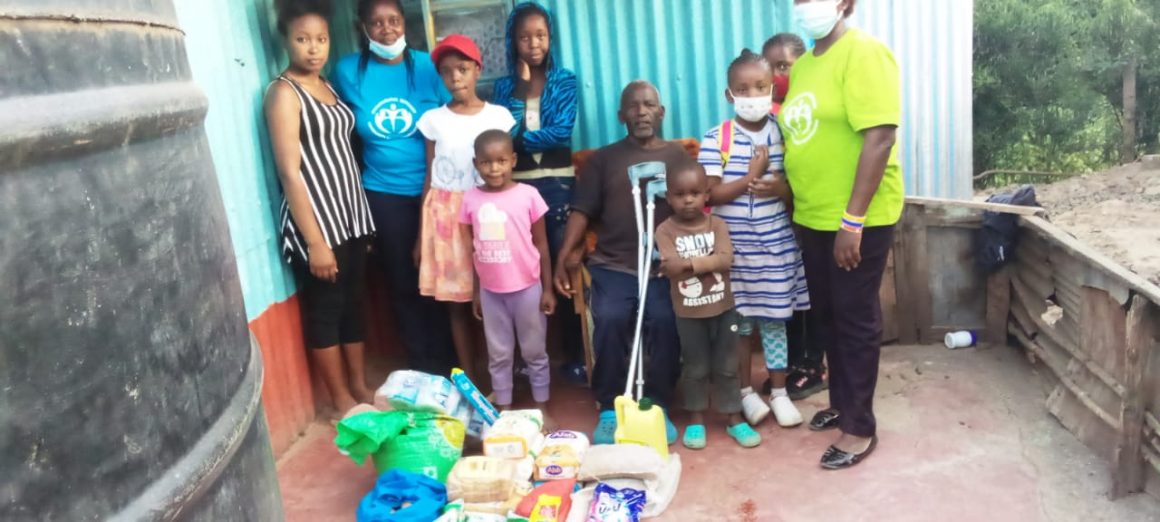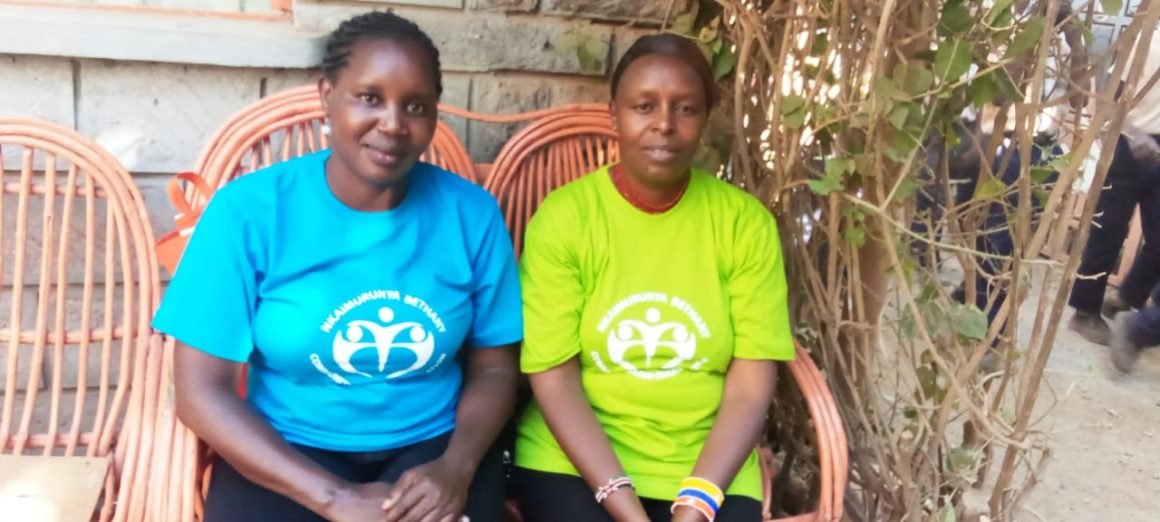The Issues
In Kenya and around the world, the impact of extreme poverty on children’s development is devastating. This is most apparent when considering the relationship between child nutrition and economic wellbeing and vice versa. It could be further compounded according to predictions that, over the next decade, climate and disaster risk impacts will push an estimated 325 million poor people further into extreme poverty in some of the poorest and most fragile contexts. Poor families face many challenges in their quest to provide a better future for their children. In particular, economic pressure can cause desperate people to resort to solutions that are not in the best interests of their children. These actions sometimes lead to early childhood marriage or other forms of child labor or exploitation.
Our Approach
Nkaimurunya Bethany CBO is working to break the cycle of intergenerational poverty by 2030 so that the most vulnerable children can reach their full potential. We do this by:
Graduating the most vulnerable families out of extreme poverty – so that very poor families become economically self-reliant and have the dignity and means to provide for their own children.
Strengthening food production, resilience, and access to markets / financial services – so that farmers can produce more, better, and more sustainable nutritious food for household consumption and marketing purposes.
Promoting sustainable employment opportunities and market systems – so that communities have access to goods, services, and employment opportunities through private-sector partnerships.
Impact
Nkaimurunya Bethany CBO measures our impact against key targets under SDGs 1, 2, 8, and 10 – adapted as follows:
By 2030, extreme poverty, measured as people living on less than $1.90 a day is eradicated (SDG 1) and the incomes of the bottom 40% of households consistently grow at a rate higher than the national average (SDG 8 & 10).
By 2030, all children and their families have access to safe and nutritious food all year around. (SDG 2)
The resilience of people is built and their vulnerability to climate-related extreme events and other economic, social, and environmental shocks is reduced (SDG 1).
Our global reaches and focus on livelihoods is already enabling families to create lasting change in their own lives.


